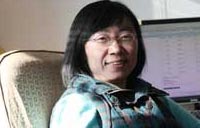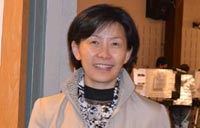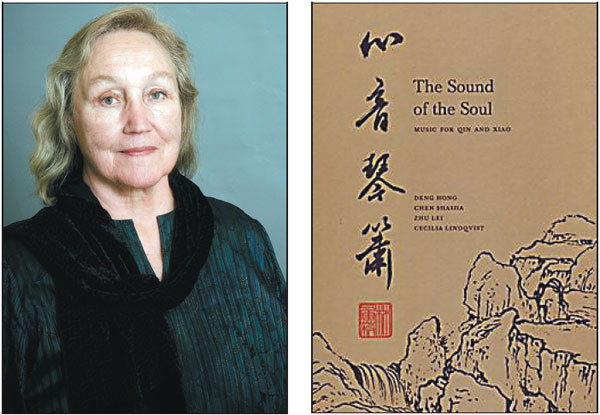Timeless tunes
|
(Left): Lindqvist believes that Chinese culture will always be consistent and will live on. Ulla Montan / For China Daily (Right):The cover of the studio recording about the tours curated by Lindqvist. Provided to China Daily |
 |
| 'Clothesline' shock leads to meteorology career |
 |
| A visionary rooted in service |
One of them is very good but new. "Imagine. In 500 years this will be absolutely marvelous," Zheng said.
"It's extremely moving," Lindqvist says with a little sigh. "We don't usually have that perspective, for something will get better and better in the hundreds of years long after we are gone."
She also believes that Chinese culture, with its ample share of ups and downs, will always be consistent and will live on.
She has visited China almost every year since the 1970s, for many China-related projects, including her archaeological study of oracle-bone characters. China: Empire of Living Symbols, a book that uncovers the evolution of a few hundred Chinese characters, is her other August Award winner. She has also worked on TV documentaries about the life of women in various parts of the country, a study on the art of paper-cutting in Shaanxi province, a chronology of Lunar New Year posters and more.
"I came to China in 1961, thinking the two years would only be a parenthesis in my life," she says. "But I was caught and it fundamentally changed me."
In recent years she has curated several guqin concert tours in Sweden. Lindqvist seldom plays in public.
In hushed silence, listeners would fill up auditoriums to overflowing. They crammed into the venues to see Lindqvist relate the moods and stories behind the tune (from flowing reeds to the creaks of an oak), and then the guqin music would be played by Deng Hong, Wang Di's daughter. Just as it was in the 1960s.
The highly acclaimed tours have resulted in a studio recording. And it couldn't be more aptly named.
It's called The Sound of the Soul.
For more My China Dream stories, click here

















